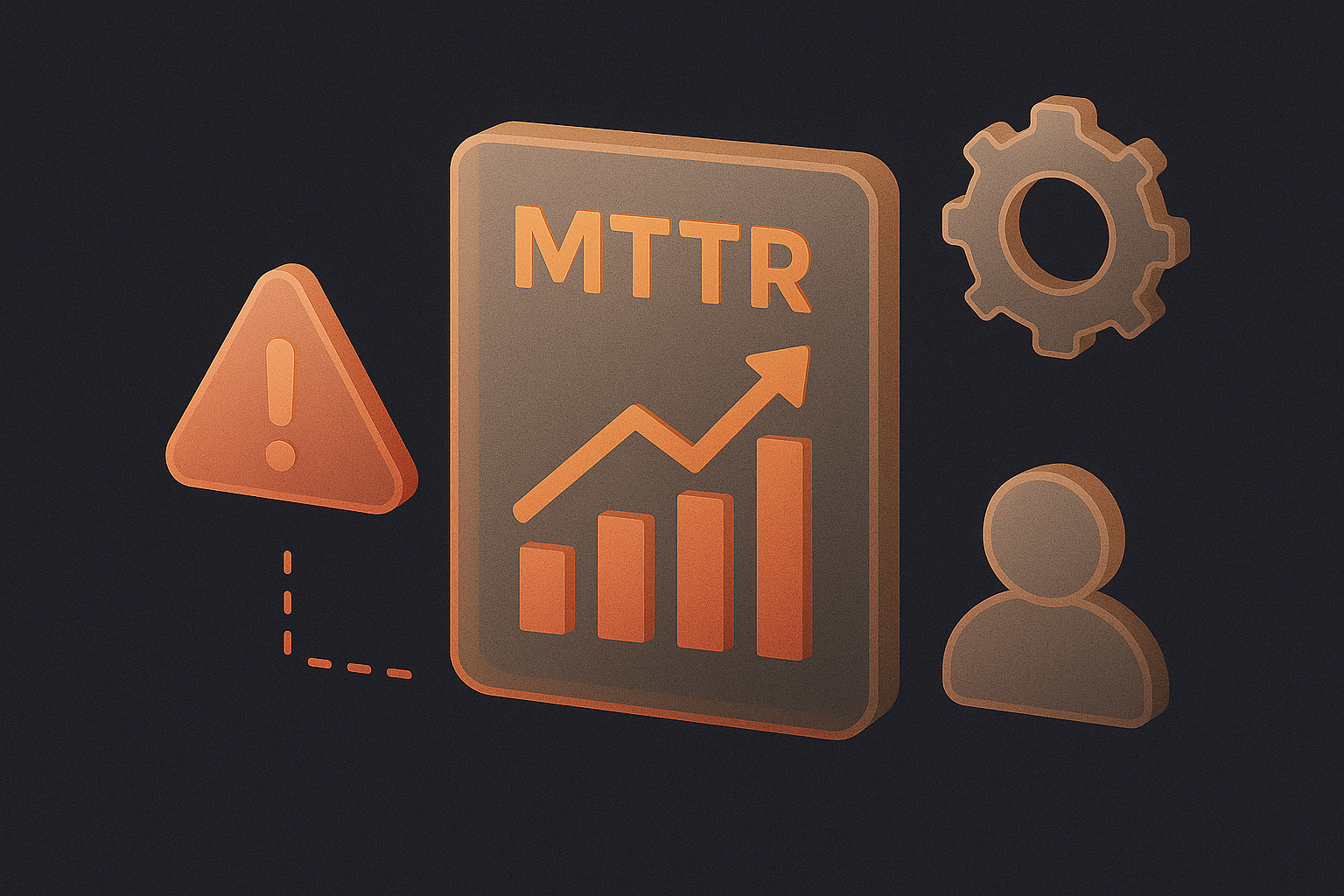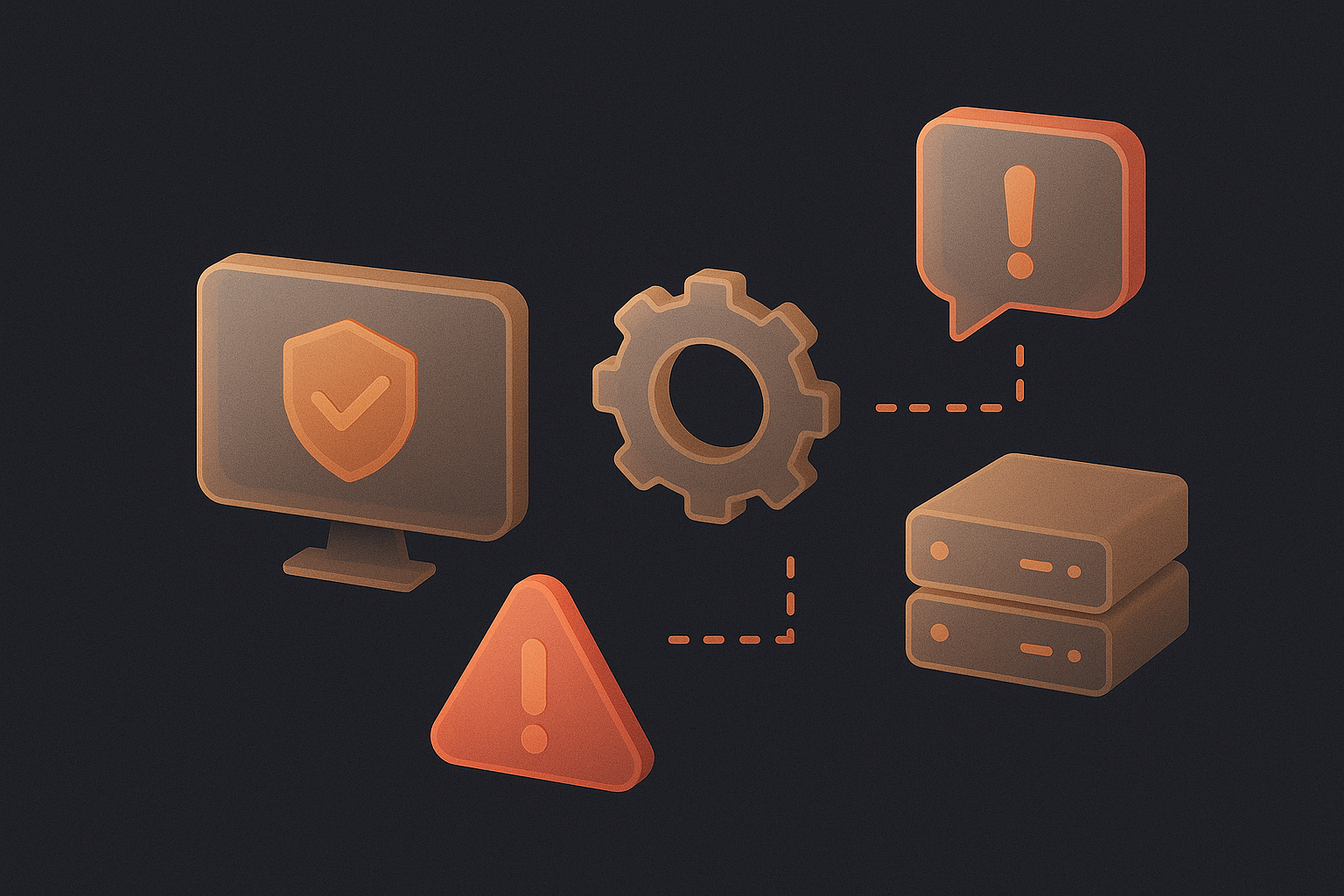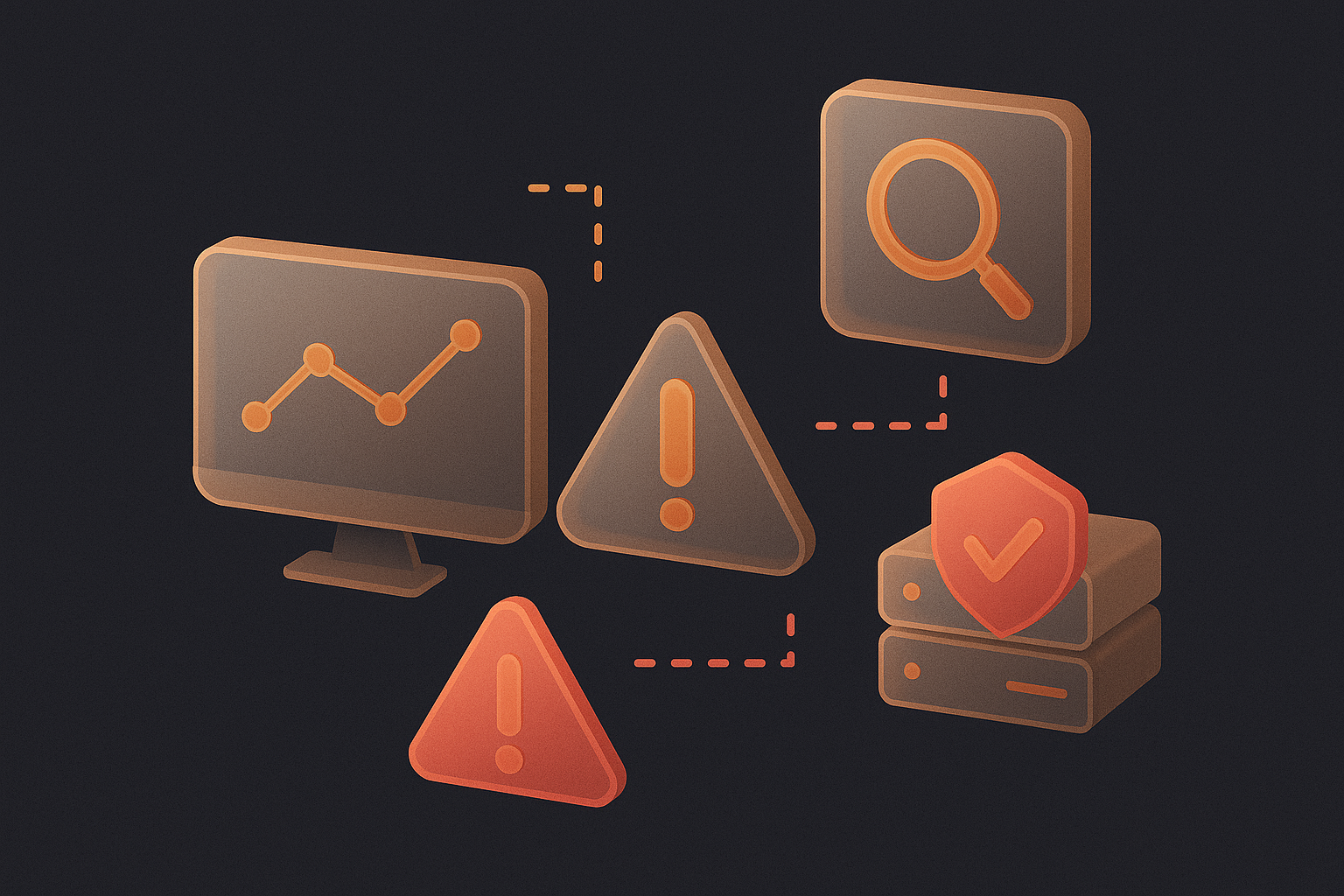2023 could be the year of artificial intelligence (AI) in IT service management (ITSM). To gain deeper insights into this matter, let’s explore AI, its functioning, and its associated benefits.
What Is AI?
AI involves the use of machines that work and react like humans. Machines equipped with AI often use deep learning and natural language processing (NLP) technologies. These technologies allow machines to process massive amounts of data, identify patterns and trends within the data itself and use this information to accomplish a wide range of tasks.
There are many reasons why global enterprises are searching for ways to integrate AI into their everyday operations. These reasons include:
- Business Automation: AI can help enterprises perform manual tasks faster and more efficiently than ever before. As such, enterprise workers can automate such tasks and focus their day-to-day efforts on high-value activities.
- Intelligence: AI empowers enterprises to swiftly gather consumer and industry data and convert it into actionable business insights through the utilization of bots and smart machines.
- Learning: AI-based progressive learning algorithms empower enterprises to leverage machines that can learn over time. These machines then can make data-driven predictions to help an enterprise accomplish its immediate and long-term goals.
Expect the push for AI to increase in 2023 and beyond. Some industry experts have projected the global AI market could expand at a compound annual growth rate (CAGR) of 37% between 2017 and 2024. Furthermore, this market could be worth $191 billion by 2024.
AI in ITSM: Here’s What You Need to Know
ITSM is a top priority for many enterprises. It allows an enterprise to simultaneously streamline its service delivery and fulfill customer requests. Plus, effective ITSM can help an enterprise differentiate itself from rivals, increase its earnings and bolster its customer satisfaction levels.
When it comes to ITSM, AI is becoming exceedingly important to enterprises across all industries. By integrating AI into their ITSM framework, enterprises can enjoy immediate and long-term benefits from their decision.
Ultimately, AI allows an enterprise to automate its ITSM efforts. There are many potential AI applications in ITSM, such as:
- Knowledge Management: AI can leverage enterprise IT data to provide IT agents with data-based recommendations, thereby helping these agents speed up and improve their response to various issues.
- Predictive Maintenance: An AI-powered service desk can automatically create tickets if a network or system stops working and notify an enterprise’s affected stakeholders accordingly, as well as keep track of possible issues before they lead to downtime or outages.
- Sentiment Analysis: AI enables IT agents to analyze service tickets and generate insights into end-user sentiment, which could help these agents identify new ways to improve the user experience and boost user satisfaction levels.
- Service-Level Agreements (SLAs): AI allows IT agents to track SLAs and follow SLA violation patterns and trends. With these insights in hand, IT agents can find ways to prevent future SLA violations that otherwise may lead to revenue loss, brand reputation damage, and customer turnover.
- Strategic Decision-Making: AI can be used in conjunction with predictive analytics that allow IT agents to produce data-driven forecasts, along with finding ways to help an enterprise maximize its time and resources.
- Workload Optimization: AI enables IT agents to optimize service ticket classification and management. It even offers insights into staff hiring based on an enterprise’s workload and future resource planning.
AI may prove to be a time- and cost-saver for global enterprises. If an enterprise understands the opportunities and challenges associated with AI, it can seamlessly integrate AI-based tools and systems into its IT operations.
Key Challenges Associated with AI in ITSM
Integrating AI into an enterprise’s ITSM framework is sometimes difficult due to one or more of the following challenges:
- Ineffective Data Management: Data silos are problematic in some enterprises, and these silos often make it tough for an enterprise to use AI in ITSM. By establishing collaborative data management systems across an enterprise, IT agents and others can share information. Meanwhile, integrating AI into these systems allows an enterprise to accelerate its data collection and analysis processes.
- Lack of Education: Teaching IT agents and others about AI is paramount. If an enterprise gains buy-in from C-suite executives and entry-level employees alike, it can help its workforce get the most out of its AI in ITSM investments.
- Shadow IT: Bring-your-own-device (BYOD) policies and the use of unauthorized cloud applications increases the risk of shadow IT. To combat this issue, IT needs to serve as a single point of contact for all technology implementations across an enterprise. That way, IT agents can integrate AI into myriad processes, systems, and applications and help all enterprise departments use AI as part of their everyday operations.
Going forward, AI will be a game-changer for enterprise IT teams worldwide. If IT agents get ready for AI in 2023, they could benefit from this state-of-the-art technology in the foreseeable future.



